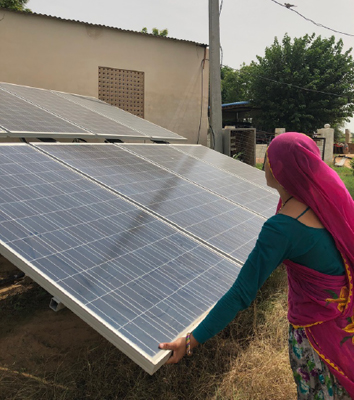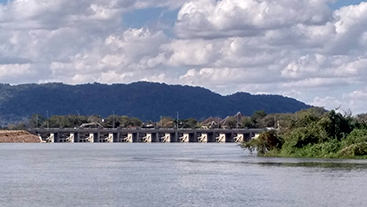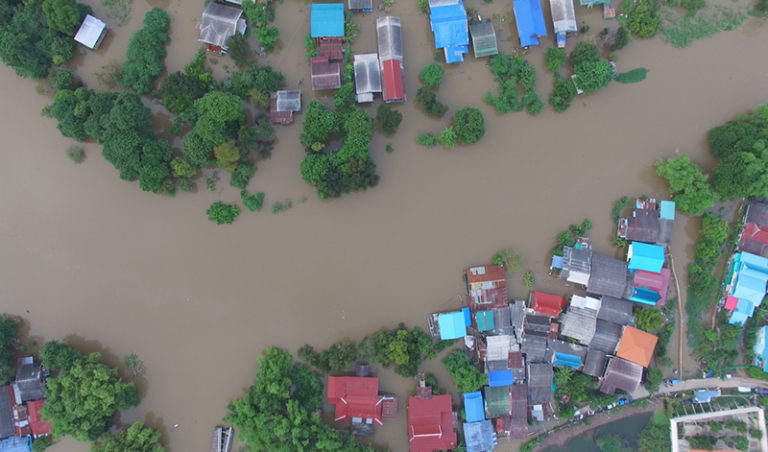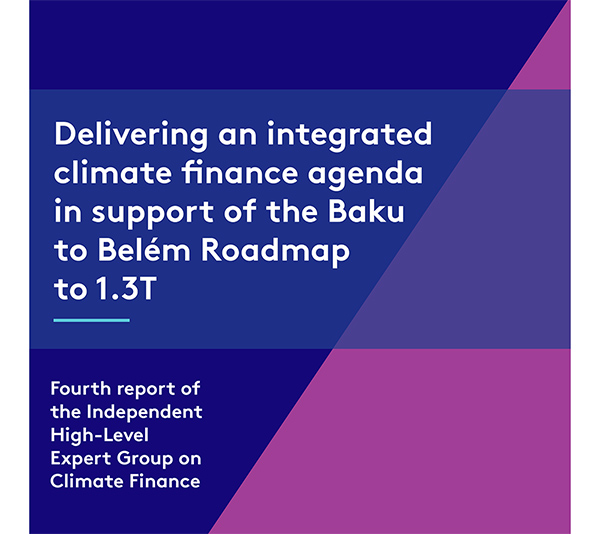Adaptation and resilience
In the context of climate change, adaptation refers to processes put in place or actions taken to adjust to the current and future impacts of a changing climate. Resilience to climate change is defined as the capacity to prepare for, respond to, and recover from the impacts of hazardous climatic events while incurring minimal damage to societal wellbeing, the economy and the environment.
Our work in this area focuses on climate risk management, addressing questions of how we can improve the resilience of countries, companies and communities to current and future changes to the climate.
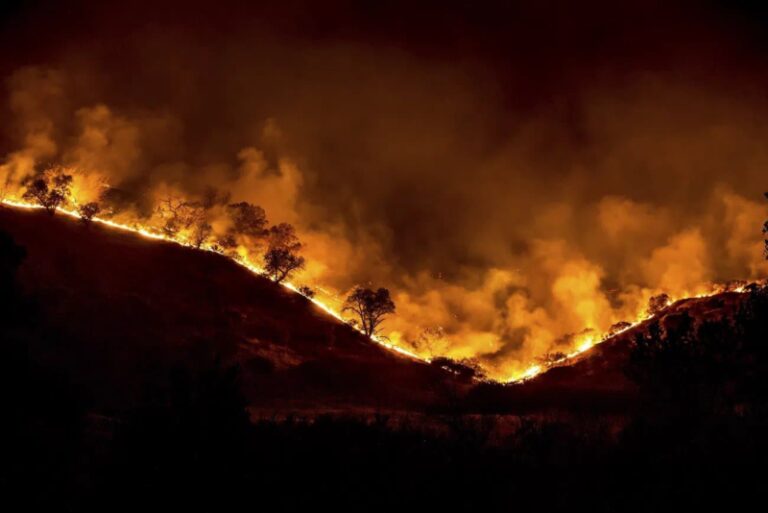
Research projects
Publications
View allNews
View allExplainers
View all- What is climate change adaptation?
- How is adaptation included within the international climate agenda?
- How is the UK responding to heatwave risk?
- What is the difference between climate change adaptation and resilience?
- What opportunities and risks does AI present for climate action?
- What is ‘non-economic’ loss and damage (NELD)?
- What is the Stern Review?
- What is the Intergovernmental Panel on Climate Change (IPCC)?
- What is the UK’s Climate Change Risk Assessment (CCRA)?
- Why is climate change adaptation important for cities and how are they adapting?
- What are nature-based solutions to climate change?
- How is climate change affecting coastal flooding in the UK?
- What is water security and how is it impacted by climate change?
- What is rewilding and how is it relevant to climate change?
- How is India tackling climate change?
- How does climate change impact health?
- What is meant by ‘climate justice’?
- How is climate change affecting river and surface water flooding in the UK?











